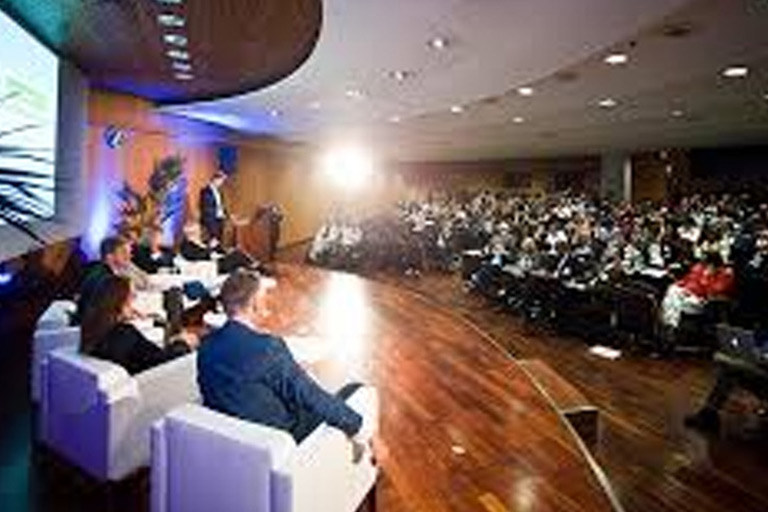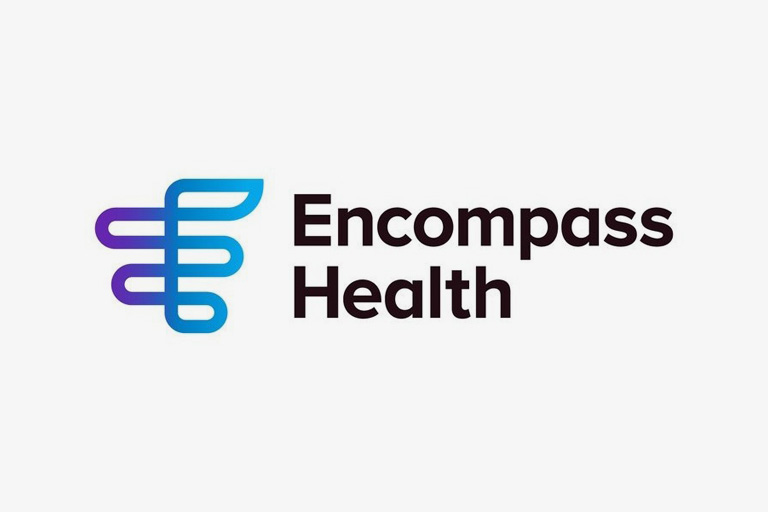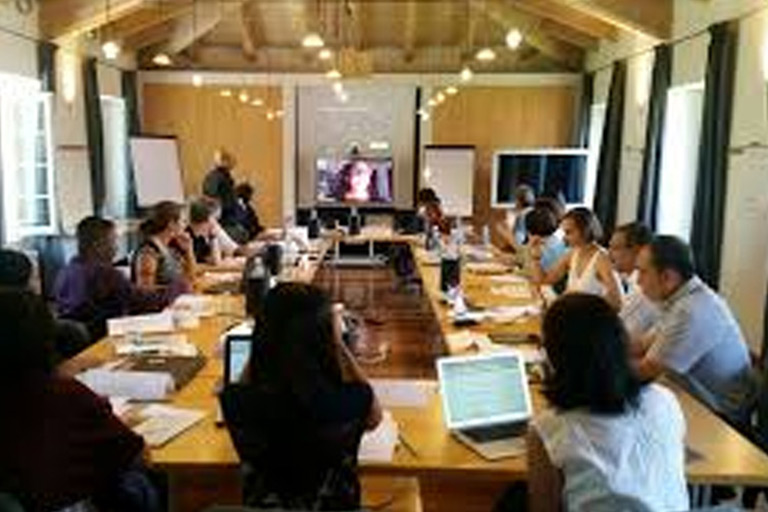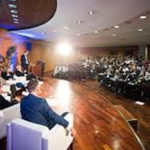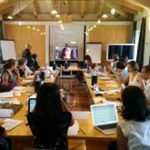Exclusive Article by Jeff Riggins at EMRIndustry.com
Earlier this year I attended a dinner with two physicians, at different stages in their careers, from a large practice serving multiple counties. Several electronic health record (EHR) consultants were also in attendance. We engaged in stimulating conversation over a relaxed meal and several glasses of wine.
Our host, the leader of the practice was, smart, funny and quite blunt when it came to his assessment of the state of health information technology and its effects on the practice of medicine. He was nostalgic for the paper charts of the past and felt that he delivered better and more efficient care before EHR technology took over. As the discussion progressed I learned that he grew up wealthy and married into a family even more affluent than his own. He attended a prestigious medical school and began his career more than forty years ago. It became clear to me that he did not become a doctor for the money. Even though he was well past the age to hang up his stethoscope and relax on his Caribbean estate, he confided that he felt he could not retire anytime soon. His patients needed him as there are few doctors available to take them on in his absence. This has become a familiar narrative as I have spoken with a number of septuagenarian doctors articulating similar retirement concerns.
The younger physician in attendance came to the profession via a different path but shared a similar assessment of health care technology. The EHR concept sounded good, but has yet to deliver the improvements touted by its promoters. He grew up middle class, attended a state university medical school and worked his way up at the practice. He was similarly dedicated to his patients. He took several calls during dinner from a hospital where one of his patients had been admitted earlier in the day. Our conversation revealed that he championed his practice’s switch from paper charts to EHR technology several years before it became a requirement. At the time he reasoned, electronic tools would enhance the practice of medicine and therefore benefit his patients.
Having been employed as an EHR consultant for more than a decade I was curious to hear their opinions. They were not shy to share their thoughts. Both thought the promise of electronic health records was worth pursuing and they agreed there are many concrete examples of enhancements to patient care through the use of digital tools. The problem, in their eyes, has been the lack of provider involvement with the rollout of the associated regulations around implementing and using EHR solutions resulting in increased time on the computer and less time caring for patients. Rather than short change their patients they worked later in the evenings and over the weekends catching up on documentation, entering orders and coordinating patient care from home.
They were vocal in their disappointment with the AMA. They felt the AMA had gone along with the government’s plans for requiring the use of electronic records without advocating their member’s positions. The younger doctor sounded quite frustrated when he said, “I don’t feel I have a voice.” As we spoke I mentioned that providers have very compelling stories to tell and that Washington should listen. After all, the vast majority of people I know, trust their doctor a great deal more than anyone in Congress. If providers told their stories directly to citizens, when push came to shove, they might well represent a very strong voting-block.
Eventually, the conversation turned to talking about our children as several of us were planning college tours over the summer. We finished our dinner, discussed when we might have the opportunity to see each other again at a trade show or conference, and said goodnight. I left with the feeling that I wanted to find a way to help average citizens better understand the apparent disconnect between our perception of the medical profession and the reality of it. On the drive back to the hotel I kept thinking about the comment, “I don’t feel I have a voice.” I couldn’t quite put my finger on it, but I knew the statement was significant.
I grew up in the 60’s and 70’s with the image of doctors cutting out of the office at two o’clock on Wednesdays to play a round of golf at the country club. Now physicians putting in long hours in highly stressful positions with little hope for a retirement may be part of the reason the profession leads the country in burnout statistics. The rate of suicide is also alarmingly high. There are a wide range of factors contributing to provider dissatisfaction which may lead to burnout. However, if I had not intentionally sought out the data I doubt I would have been exposed to it. The reality of practicing medicine is a far cry from my childhood perception and it appears that little has been done to correct the false images of the past.
A few months later I happened upon a video of Dr. Eric Topol (Creative Destruction of Medicine) interviewing the author Malcom Gladwell (The Tipping Point, Blink, Outliers). I was struck by one of Gladwell’s responses when asked by Topol to provide his opinions regarding how to fix healthcare.
“One thing that has always motivated me in writing about healthcare is that the world of healthcare does a very bad job of storytelling about itself. It represents itself to the public very poorly. The gap between the reality of medicine and the way the public thinks about medicine is growing, not shrinking.
For example, I recently gave a talk at the California Medical Association in Los Angeles—just a group of doctors. What is so striking when you talk to ordinary, front-line doctors is how frustrated and unhappy they are in the present day with the way that their workloads have shifted, how their status in society has changed, and the way that electronic medical records (EMRs) have been conceived and pushed on them so that their own interests are last.”
Gladwell went on to single out electronic health records as an example of bad storytelling:
“For example, 90% of the public thinks that doctors would welcome that innovation and assumes that EMRs made doctors’ lives easier, when, in fact, the opposite is true.
That is a classic storytelling problem. Because most electronic things have made my own life easier, I just assume that it is the same for doctors—but, in fact, it is not.”
Gladwell’s comments prompted recollection of my graduate education in public relations, marketing and rhetorical analysis. Narrative (storytelling) can be a powerful tool for sensemaking. It may be argued that what we need most right now in the health care industry is a strong and sustained focus on sensemaking. As Gladwell asserts, there are multiple stories from a variety of viewpoints that are not being related effectively. If we can draw those stories out and communicate them across stakeholders we may stand a good chance of effecting positive change for physicians and patients alike.
Soon after my Gladwell fueled storytelling revelation I learned the American Medical Association (AMA), under the leadership of new president Steven Stack, had unveiled a website providing a forum for physicians to tell their EHR stories. My dinner with the physicians occurred in April, Stack took over the AMA leadership post in June, Topol’s interview with Gladwell was posted in July and the AMA’s website went live with a corresponding town hall meeting a few days later. It appears we are rapidly moving in the right direction.
Healthcare providers are beginning to actively tell their stories. Patients have engaged in storytelling for some time by joining online communities designed to support them as they navigate complicated disease care processes for themselves and/or family members. Health systems are beginning to see the value of tapping into these communities and have begun to hire staff to build and maintain them. The value of storytelling in the health care space is starting to become appreciated.
This is just the beginning. It will take great effort by a large number of people possessing in-depth knowledge of an increasingly complicated healthcare landscape as well as the communication skills to locate, disseminate and curate the narratives that may hold the keys to shared understanding and eventual resolution of the problems plaguing the industry.
I have thought back on the statement, “I don’t feel I have a voice” many times since April. Often, I find myself brainstorming strategies and tactics for helping to facilitate the exchange of information that may move us closer to resolving the healthcare mess in which we find ourselves. As with any healthcare question I tend to deconstruct each possible answer down to simple overarching concerns.
Does it enhance patient care?
How do we ensure patient safety is not eroded?
Is the solution sustainable?
When considering the clinical, business, regulatory, communication, social and community aspects of the healthcare industry these simple overarching concerns may take on very different forms resulting in solutions that may clash with competing agendas and/or isolated ideological silos. The pursuit of knowledge in this area appears to demand a comprehensive approach.
After much consideration I have begun working, in my free time, with the faculty of Drury University to explore the possibility of creating an interdisciplinary graduate degree program in Health Advocacy. By bringing the schools of business, education, health services, communication and technology together we may be able to properly prepare the healthcare storytellers of the future and develop relevant research to ensure all voices are heard.














